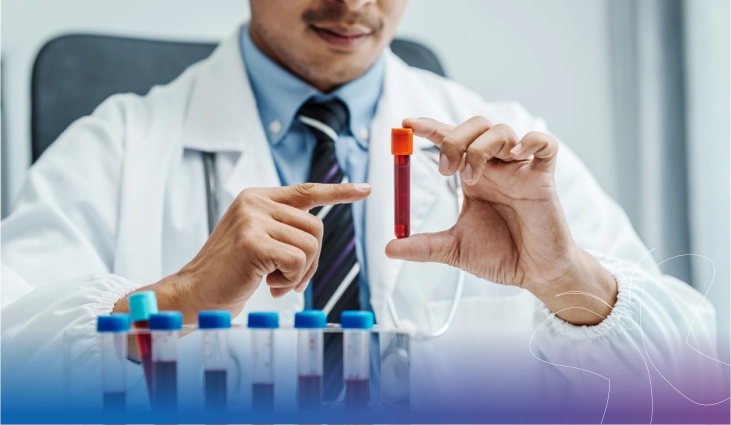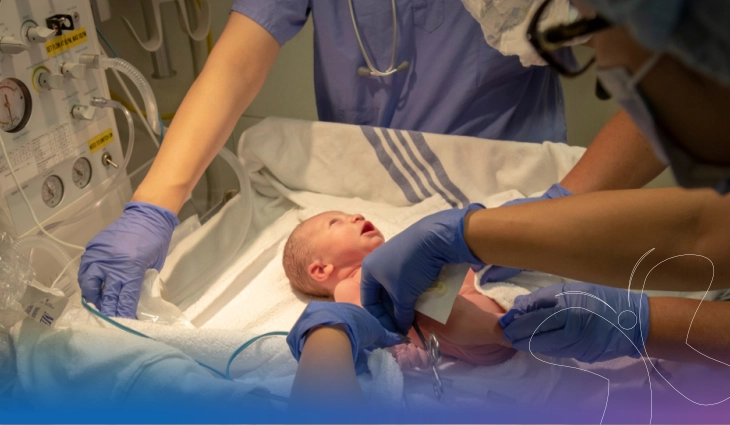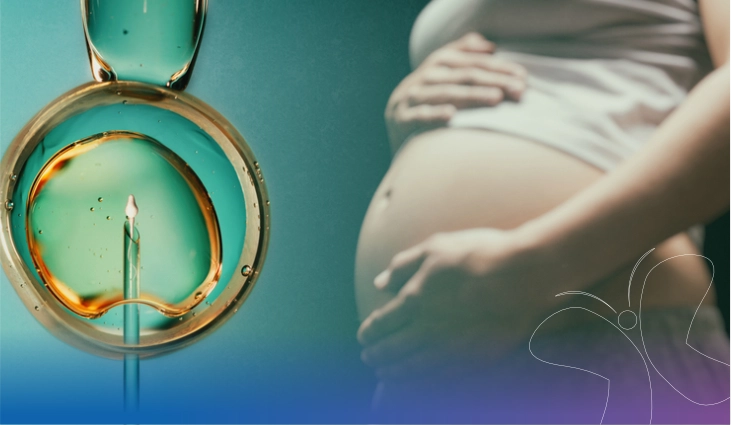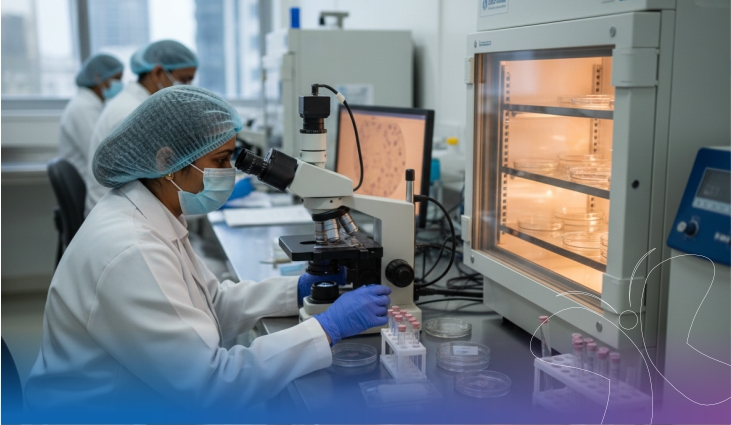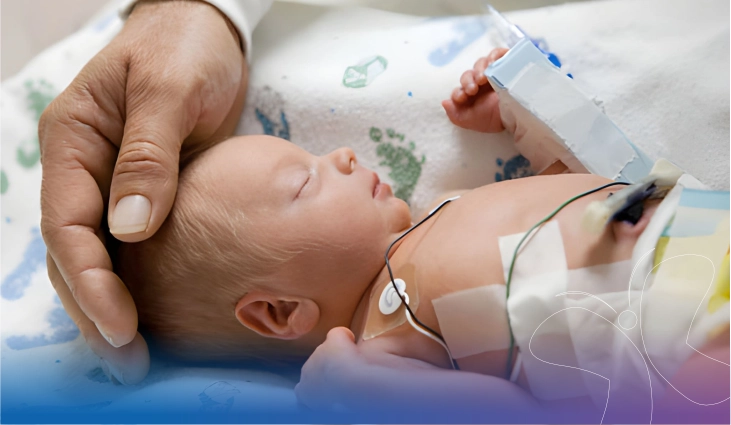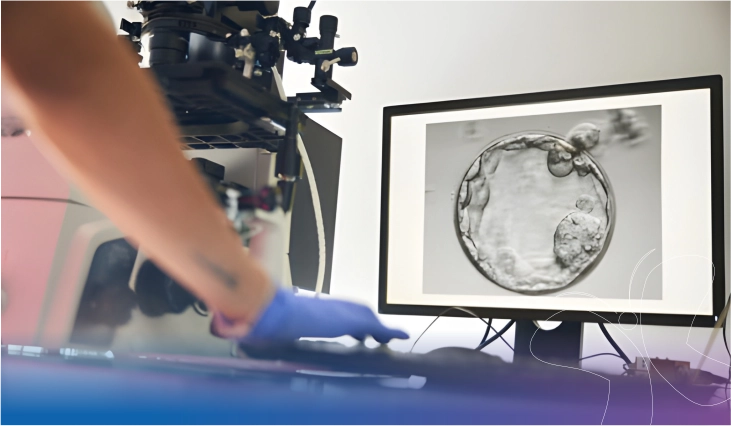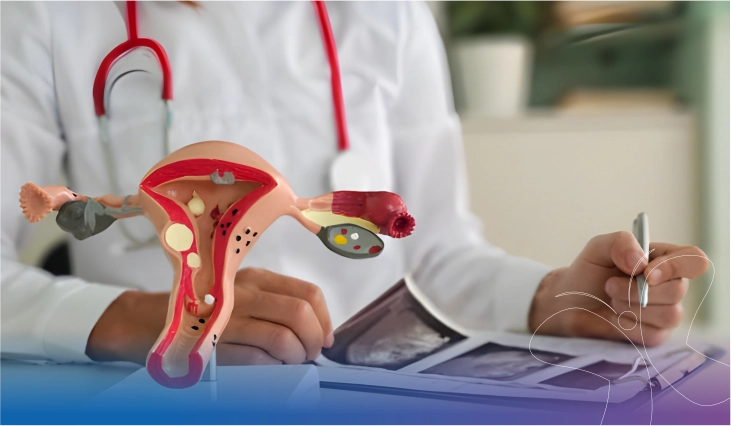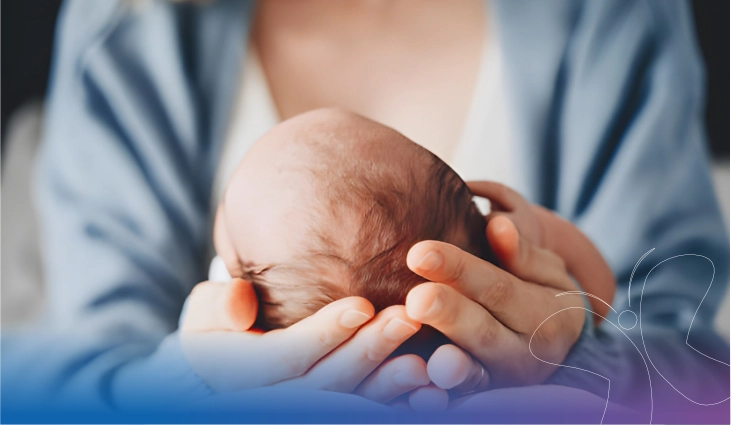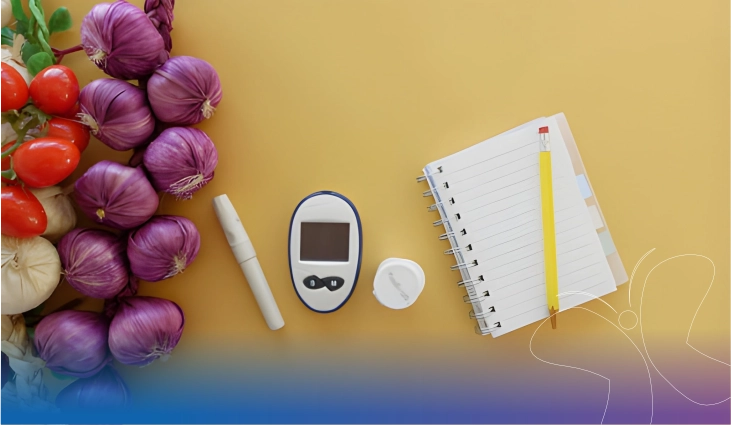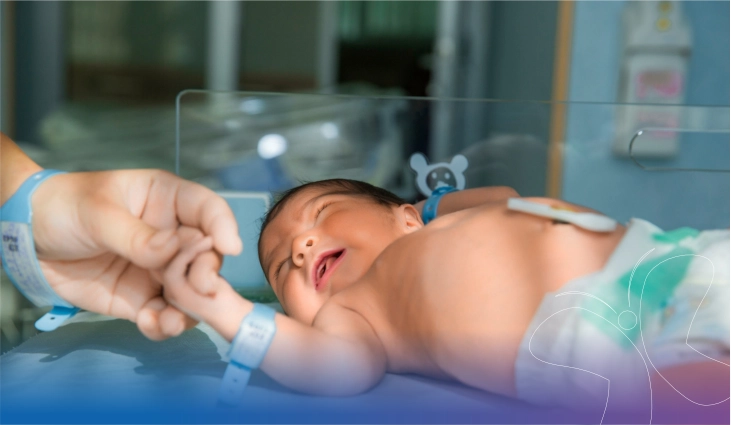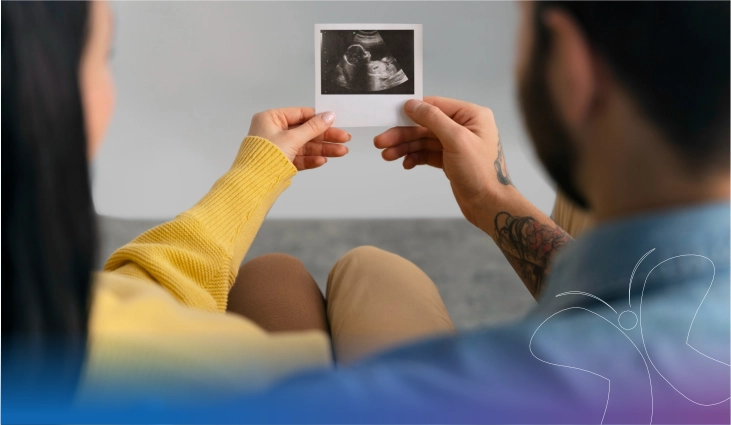Every other expecting mother we see at Flowrence walks in with low hemoglobin. And most of them have no symptoms.
They feel a little tired, maybe dizzy in the afternoons — but they assume it’s just pregnancy fatigue. By the time the blood reports confirm iron deficiency, it’s already starting to affect more than just energy levels.
This is what we explain in the OPD every day: Iron deficiency in pregnancy is not just about low hemoglobin. It affects how your baby grows, how your body copes, and how safely you deliver.
Why iron matters more when you're pregnant
Iron is essential for producing hemoglobin — the protein in red blood cells that carries oxygen. During pregnancy, your blood volume increases by nearly 50%. That means you need more hemoglobin, which means you need a lot more iron.
When your iron stores can’t keep up, your body struggles to send enough oxygen to your baby.
This isn’t just about numbers on a blood report — it directly impacts how your baby grows, and how well you recover after delivery.
Silent signs of iron deficiency
Most women don’t feel anything dramatic until the levels drop very low. But here’s what we ask them to watch for:
- Unusual tiredness, even after rest
- Dizziness when standing
- Pale lips, gums, or nails
- Headaches or shortness of breath
- Cold hands and feet
- Increased heartbeat
These symptoms often overlap with pregnancy itself, which is why we test — not guess.
The risks no one talks about
Untreated anemia can lead to:
- Intrauterine growth restriction (IUGR)
- Low birth weight
- Preterm delivery
- Increased risk of infection
- Poor milk supply after birth
- Higher chance of needing a blood transfusion post-delivery
At our multispeciality hospital in Rajkot, we track hemoglobin levels across all three trimesters — because it’s not enough to check once and forget. The body’s needs keep changing.
What we do at Flowrence
Once diagnosed, iron deficiency is treatable. But it’s not one-size-fits-all.
Some women improve with oral iron tablets. Others need injectable iron, especially in the second or third trimester.
We also look at dietary habits and check for absorption issues like acidity or chronic constipation that affect how the body handles iron.
We work closely with our doctor in Rajkot network — from gynecologists to internal medicine — to tailor the treatment, especially for mothers with multiple health concerns.
And once the baby is born, our paediatrician in Rajkot monitors newborns born to anemic mothers more closely — since low maternal iron can sometimes affect infant immunity.
What you can do
- Include iron-rich foods: leafy greens, dates, jaggery, lentils, red meat (if non-vegetarian)
- Pair iron with Vitamin C (like lemon or amla) for better absorption
- Avoid tea/coffee with meals — it blocks iron
- Never self-medicate with iron supplements
- Always check iron levels before and during pregnancy
Final Word
In pregnancy, low iron doesn’t just mean you’ll feel tired. It means your baby might not grow well. It means your recovery might take longer. It means avoidable complications may become reality.
At Flowrence Hospital, we treat it before it becomes a crisis.
Flowrence – A trusted name among Rajkot’s mothers.
From blood reports to delivery, our team of doctors in Rajkot, experienced gynaecologists, and paediatricians in Rajkot ensure you and your baby are safe, healthy, and strong — every step of the way.







